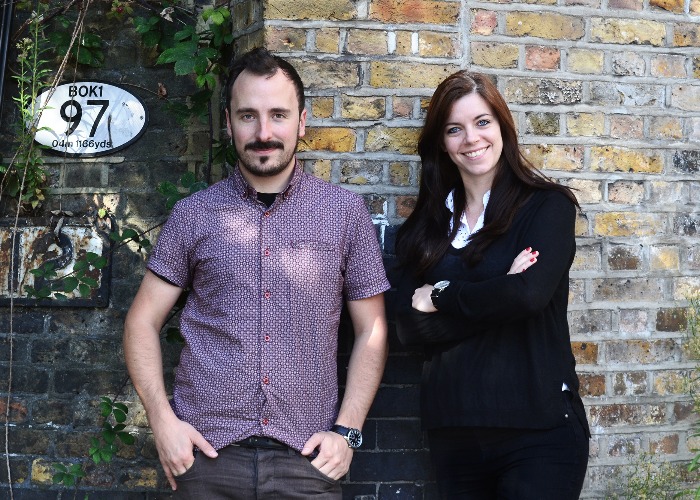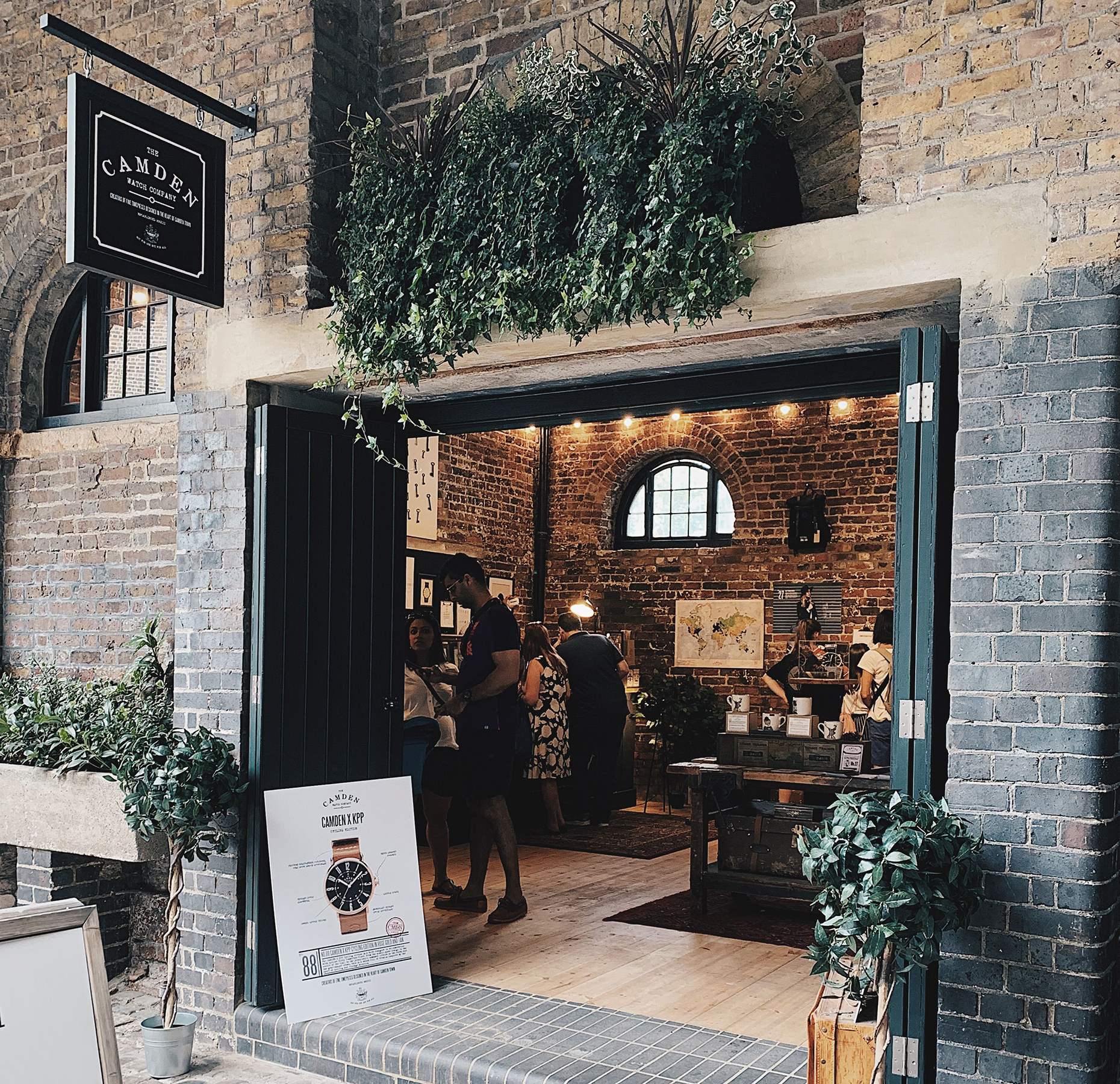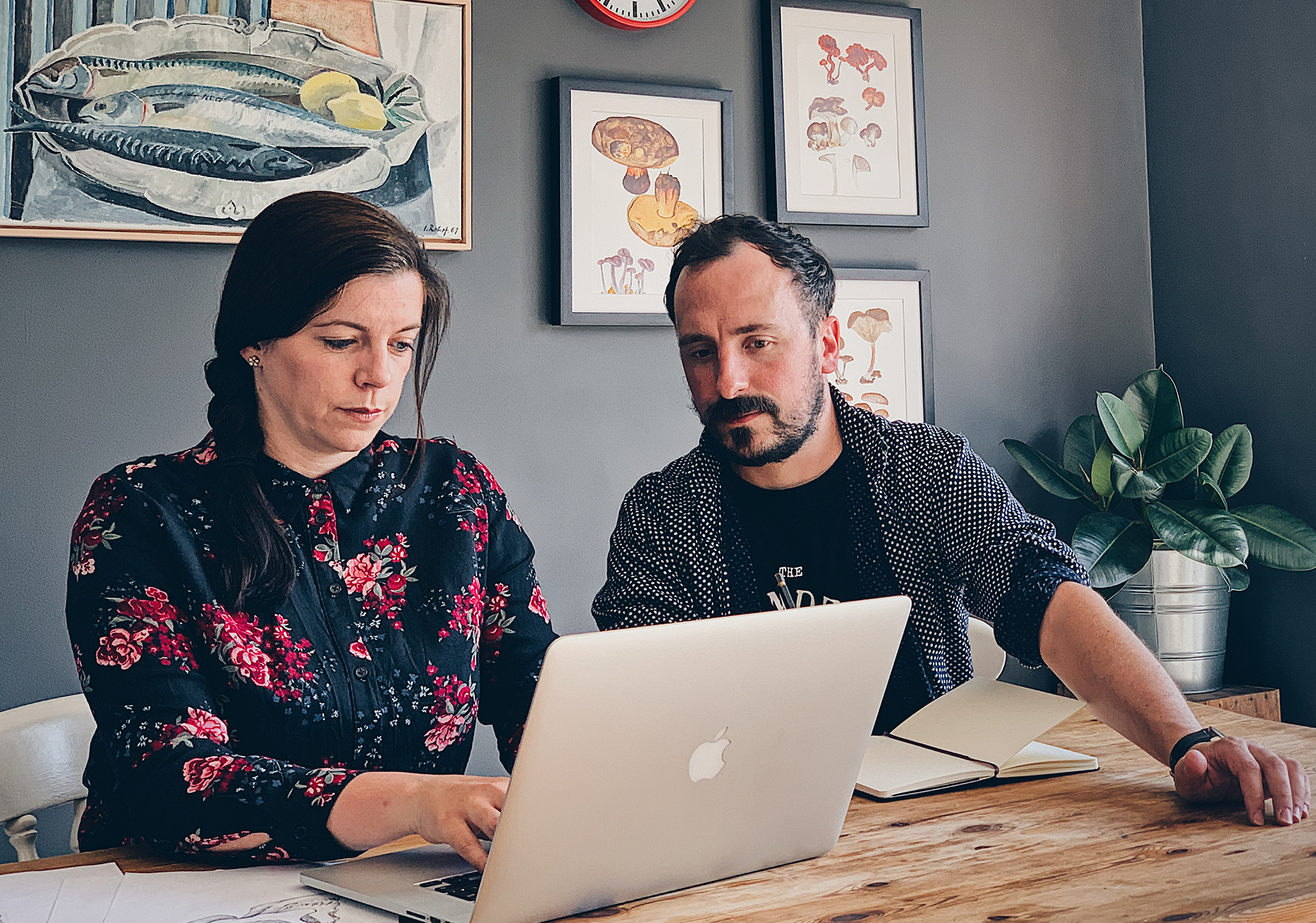Coronavirus: how one business survived the UK lockdown

The COVID-19 pandemic has been difficult for everyone, but particularly for small firms. We talk to Anneke Short, co-founder of Camden Watch Company, about the challenges during lockdown.
The UK lockdown is slowly coming to an end with cafes, restaurants, and pubs among other establishments set to be join the list of firms allowed to do business from Saturday.
In some cases, businesses have been quick to re-open while others have taken a little longer to make sure everything is safe before they open their doors.
We talk to Anneke Short, co-founder of Camden Watch Company, about the challenges the business faced in lockdown, how it survived and what lies ahead.
Coronavirus: how one woman changed careers in lockdown
‘Sales fell off a cliff’
According to Short, customers started staying away before the Coronavirus pandemic even started.
“Sales fell off a cliff both in-store and online,” she said.
“It was quite surprising seeing it happen and the Government not [offering any help].”
Such was the drop off in customers that Short and co-founder husband Jerome Robert decided to temporarily close all three branches of Camden Watch Company on 20 March – days before the lockdown was implemented – and furlough their staff.
While this was a blow for the employees, Short said they were understanding about the situation and ‘incredibly positive.’
During lockdown, the co-founders focused tried to keep as much money coming in as possible online. They increased online advertising and started selling limited-edition watch models, which had up until then only been available in store.
They also updated their website to draw more attention to the fact you could order their watches online.
Short believes that those not used to ordering online were happy to use the site, although there were obviously more returns as people couldn’t try on the watches physically, which drove up costs slightly.

What support was available?
In order to keep the business going, the co-founders of Camden Watch Company applied for a grant from the Government.
They managed to get a grant that was worth £35,000 for two stores – but not for its biggest branch as the Business Rates were paid via the rent, making them exempt.
More cash in the bank was needed so Short and Robert applied for a bounce back loan worth £50,000.
And the co-owners were able to negotiate either a reduction or a temporary halt for rent with two of their landlords, which Short believes was possible as they work a lot with small businesses.
“This was such a huge help in navigating these strange times,” said Short.

What happens now lockdown is easing?
The couple plan re-open all three stores starting this week, but say it will need to be a gradual process.
“If we’re all rushing out at once, it might cause problems,” warned Short.
While the shops have needed modifying to prepare for re-opening, these changes weren’t difficult to implement as the shop layout ‘lends itself’ to a one-way system, but there was some investment in minor extra sanitation measures.
For example, all watches will need to be sanitised if someone tries it on but doesn’t buy it.
While online sales have helped keep things ticking over, the co-founders have ‘no idea’ when sales will recover.
According to Short, it will depend on how easily people shop and this can be unpredictable – particularly if a ‘second wave’ happens.
And as a lot of business comes from tourists visiting from overseas, travel restrictions will have a huge impact trading.
“I don’t see it going back to normal anytime soon,” commented Short.
Despite this, Short is positive about the future, saying Camden Watch Company has a ‘solid foundation’ and has typically grown organically from a strong customer base.
Outlook for small businesses
Given the huge drop in sales already seen and the threat of a second wave of the virus looming, the future remains challenging for most entrepreneurs.
Short believes most small companies will need to put long-term plans on hold and focus on surviving the current climate.
“Put all your previous plans out the window and cut costs,” she suggested.
It’s clear from the COVID-19 pandemic that many firms have to adapt to survive, regardless of whether it’s a large company or a small independent business.
Comments
Be the first to comment
Do you want to comment on this article? You need to be signed in for this feature